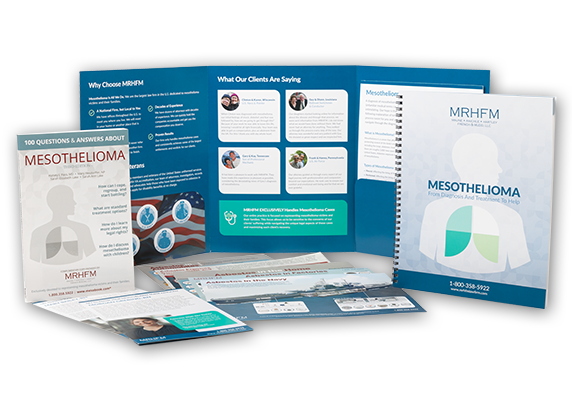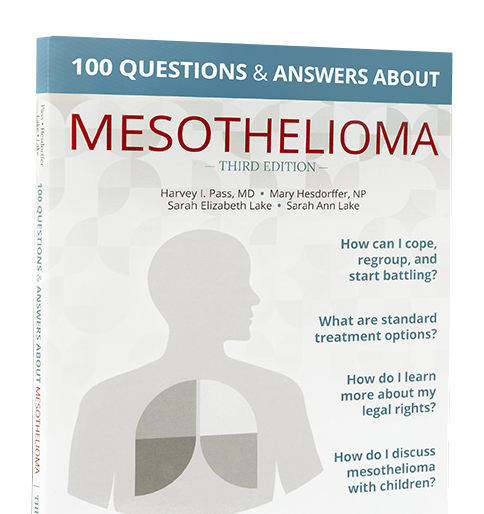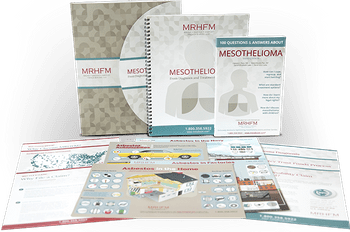While imaging tests can detect abnormalities, they don’t always identify exactly what the abnormalities are.
For this reason, the findings of an X-ray, CT scan or both often lead to a pathological evaluation done via
needle or surgical biopsy.
With a biopsy, a tissue sample taken from the body will be reviewed under a microscope to determine if the tumor is benign (non-cancerous) or malignant (cancerous). The tissue will often be "stained" to determine the type of cancer and examined to determine the types of cells involved (epithelial, sarcomatoid, or mixed/biphasic).
A biopsy is performed under local anesthesia. In some cases, sedation/analgesia may be needed. To
prepare for the procedure, the patient must typically stop eating 6 hours before the biopsy, and they must
abstain from smoking for 48 hours before the procedure.
To begin, the patient will change into a hospital gown and an IV (intravenous line) will be placed in a vein. A
radiologist will sterilize the biopsy site and apply a local anesthetic to the skin and deeper tissues. Next, the radiologist will insert a small biopsy needle into the mass or lump and use the biopsy needle to remove a tiny piece of tissue from the mass or lump.
The patient will likely feel some pressure during the procedure, but usually no pain. The procedure takes
around one hour, but patients typically remain in the radiology department for one to four hours following the
procedure. This allows the radiology team to observe you and determine if you are fit to go home. You will
not be able allowed to drive after the biopsy.
The patient’s sample will be sent to a doctor—called a pathologist. The pathologist will stain the sample and examine the sample under a microscope. Test results are typically ready in 5-7 days.
If you or a loved one is interested in learning more about mesothelioma tests and diagnosis, complete the form below to request a free mesothelioma book of answers or contact us to speak with a medical specialist who can discuss your options and make a referral to a qualified physician.



